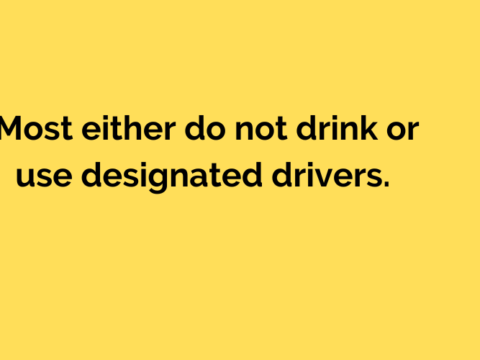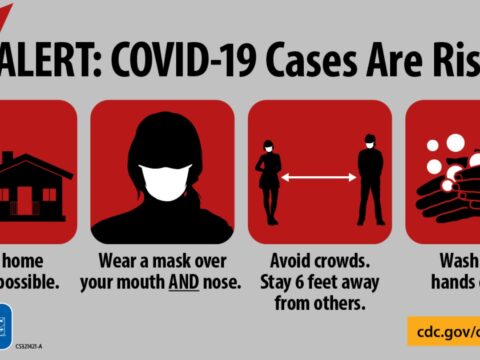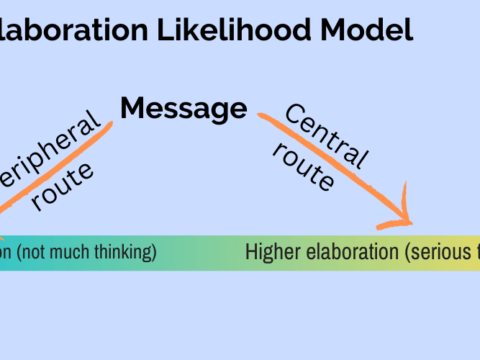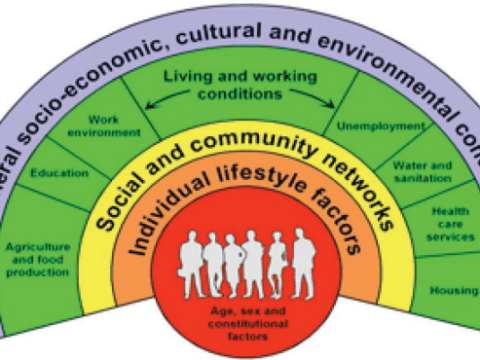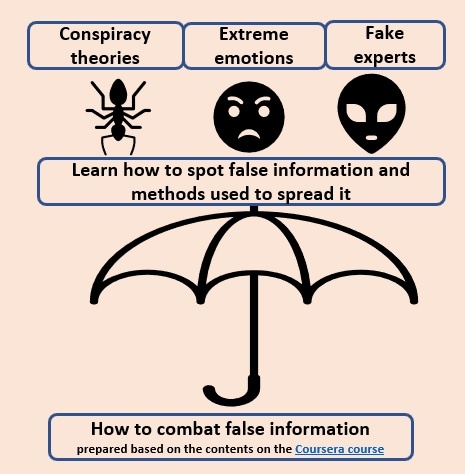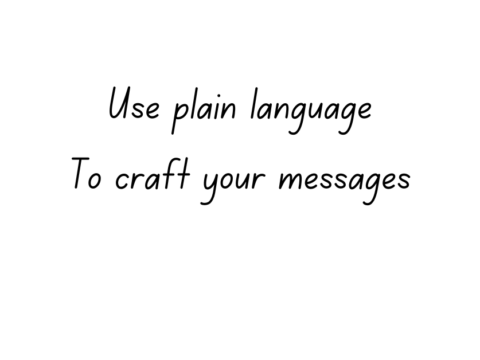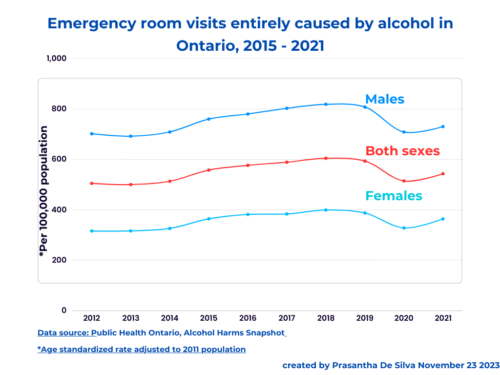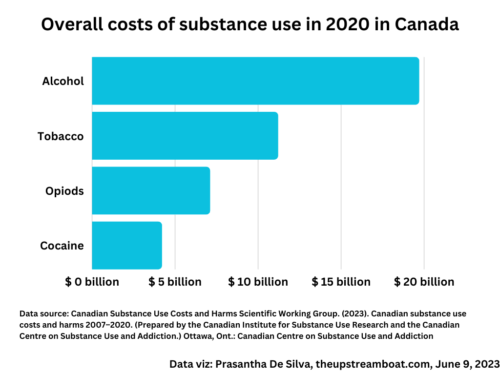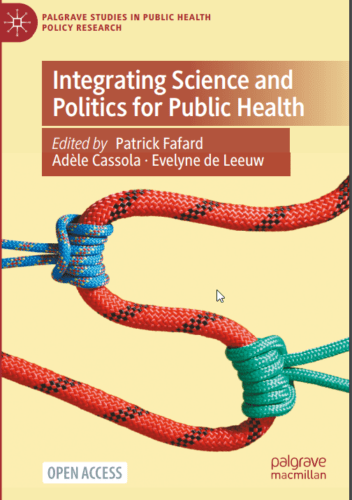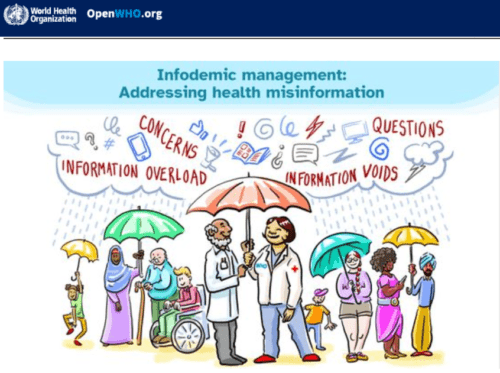Category: message framing
Extended Parallel Process Model (EPPM)
First published on July 21, 2020. Examine this message: “Fast food increases your risk for heart disease due to its high content of trans fat”. (Increasing perceived threat level) Cutting back your fast food intake can reduce your risk for heart disease. (Increasing response efficacy) Preparing your meals at home is one way to reduce eating fast food”. (Increasing self-efficacy) 1. Appraising the threat: Elevating the perceived threat level of the reader The first sentence of the message attempts to elevate the threat level perceived by the target audience/ reader. It uses the fear appeal theory. It says, “Fast food…
Explanatory framing
The explanatory message frames makes causal relationships clear. Such frames help people understand why something happens and then persuades them to take action. Think about this example: “Too often, affordable food options are high in sugar and salt, and healthier options are out of reach due to barriers like limited transport.” The above example exemplifies the cause and effect relationship. Those who understand the relationship are more likely to see the importance of the issue and take steps to address it. Evidence from the UK reveals that explaining how low-cost alcohol leads to alcohol problems and the structural, population-level causes…
How to Use Values in Message Framing
Value-based messaging can attract many people’s attention and avoid victim blaming. Find out how you can do it.
How to frame alcohol policy messages
Personal health narrative “Alcohol is bad for your health” We frequently find the above message in the media as a health education message; this is the dominant narrative. In this narrative, we force readers to think about the illnesses that alcohol drinking may cause. This frame results in two unintended consequences: Responsible drinking narrative “Drink responsibly” The industry invariably turns back and says that, This individualistic, neoliberal thinking dominates even in the public health field when it comes to interventions; the most popular intervention is to educate people about the dangers of alcohol consumption and “responsible drinking”; of course, it…
Use plain language to craft public health messages
Welcome to the world of effective communication for promoting public health and safety! In this blog post, we will explore the power of using plain language for crafting public health messages. By using simple and clear language in your messaging, we can ensure that, Whether you’re a public health professional or an individual looking to make a positive impact in your community, let’s explore how to create compelling public health messages that inspire action! Learn how to use plain language to craft effective public health messages with our helpful tips and strategies. This post also gives you a series of…
Lessons from Montreal Protocol to Upstream Public Health Community
This post contains Amazon affiliate links. We may earn a commission from qualifying purchases through these links at no extra cost to you. The Montreal Protocol (#MontrealProtocol) is an upstream intervention #ClimateAction classic. It is a powerful climate treaty. It directly impacted global public health. The Protocol’s 35-year-long legendary journey carries many lessons for the public health community who sail upstream. We can adapt and adopt many of its elements. This post attempts to surface out the key elements of this Montreal Protocol success story. Let us dive into its upstream journey. Background My journey begins with the Montreal Protocol’s…
Social norms theory to craft messages to reduce high-risk drinking
In 1989, Northern Illinois University wanted to reduce students’ high-risk (binge) drinking behaviour. Its researchers adopted the social norms theory to craft messages for their social marketing campaign. This is their story. This post refers to Michael Haines’s research paper published in 1996. and the Social Norms National Research and Resources website. Step 1: They began with a situational analysis. They surveyed students for their perceptions and drinking behaviour when partying in 1988. Of all students, 69.7 per cent of students perceived that they binge drink (more than five drinks) when partying, But, in reality, only 43 per cent of…
How to deal with COVID19 vaccine hesitancy
COVID 19 vaccine hesitancy is real. It hurts. With Omicron, vaccine hesitancy has become a major roadblock. The problem has gone viral very much like the COVID19 spread. What is COVID 19 vaccine hesitancy? Vaccine hesitancy refers to situations when someone either refuses or delay getting the CVODI19 vaccines. Vaccine hesitancy is not new; it has been there for all vaccines. However, we are discussing this again with this COVID19 pandemic. We have many resources to learn more about it. The latest addition is the Coursera course. It is free. This post dives into this excellent resource. About the course…
COVID-19 can be airborne – Reframe your messages
Evidence is growing that COVID-19 can transmit through air. Need evidence? Julian W Tang et al.’s BMJ article dissects the evidence. Furthermore, governments are changing their health education messages accordingly. In this video clip, the Canadian government are now promoting adequate ventilation as a method of reducing transmission. https://www.youtube.com/watch?v=ZZjTT4nrWu4&t=24s
How social norms shape our behavior
You must have been in a library; you stay silent. That is a classic social norm example. Another common one is littering. As we all know social norms can either be socially desirable or socially undesirable. Every day we adhere to social norms that are an array of unwritten sets of rules we follow. In a way, these play a crucial role in the smooth functioning of a society. Once we deviate from it, we can expect negative consequences. Robert Cialdini deconstructs the concept further; he describes two types of social norms: Descriptive and injunctive. Descriptive (popular) social norms = What…



